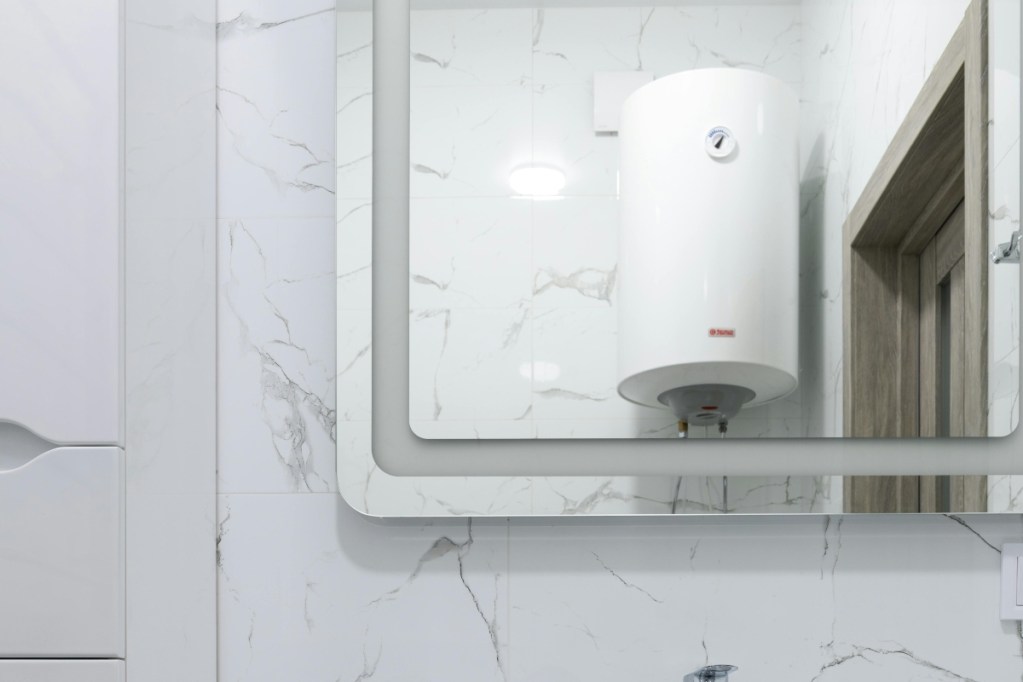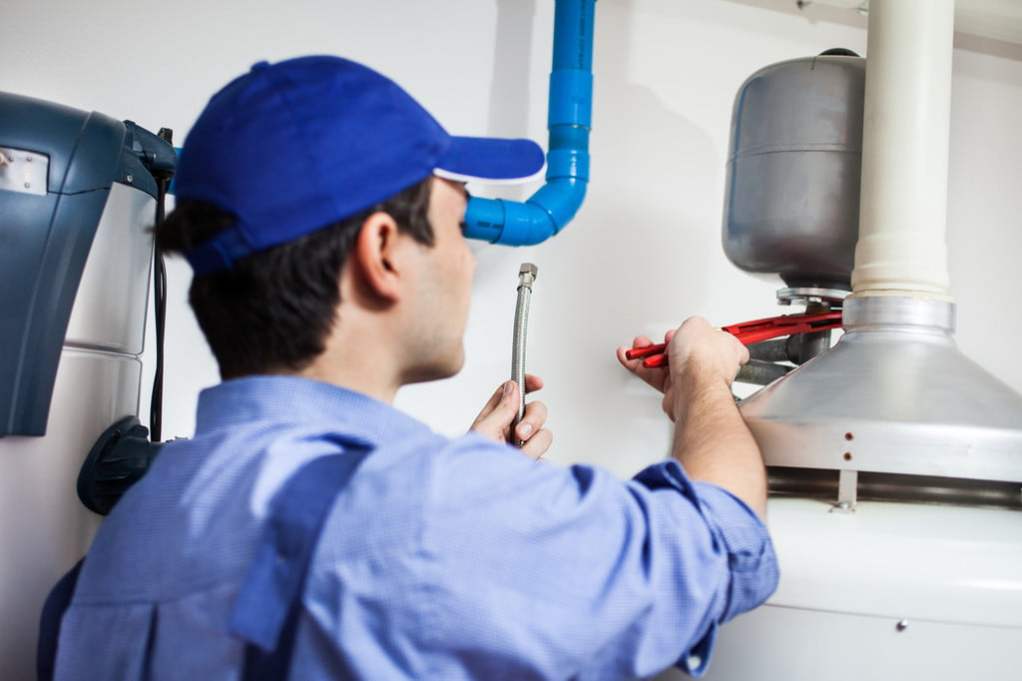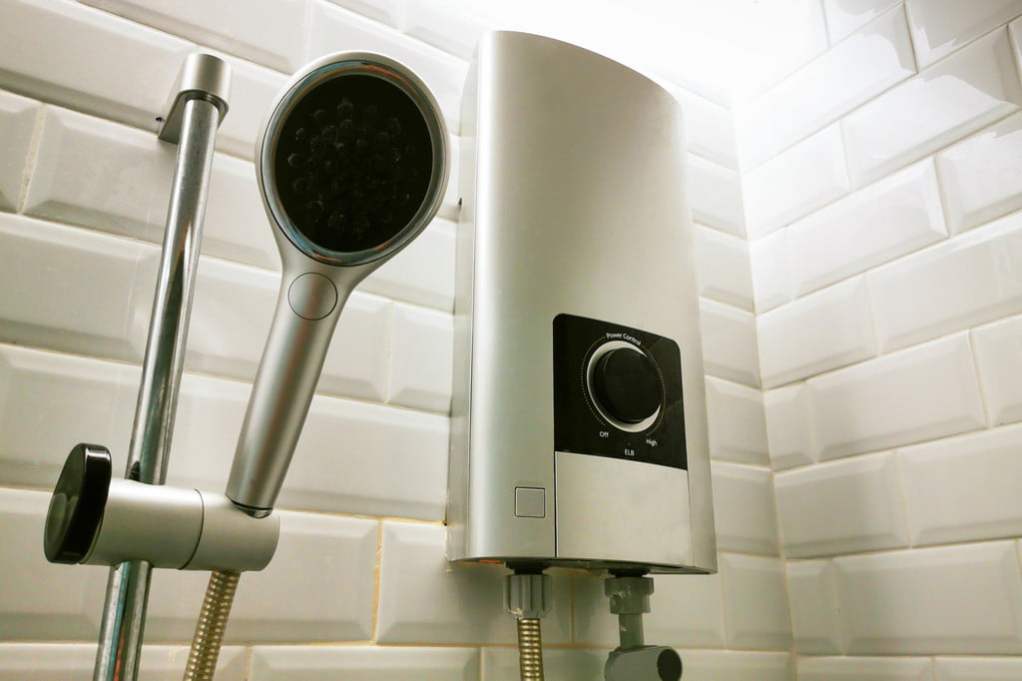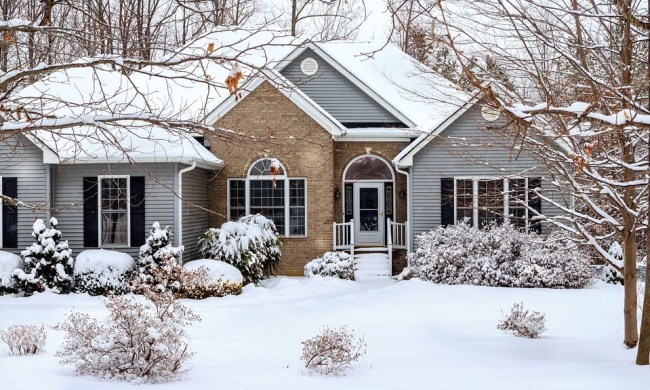Tankless water heaters are gaining popularity among homeowners. Because of their compact and often energy-saving technology, many households are using these systems to help save money on their utility bills. However, you may be asking yourself, “How much does a tankless water heater really cost to install?”
Today, we’ll discuss everything you need to know about tankless water heater costs to help you make the right decision for your home.
Types of tankless water heaters

When choosing a tankless water heater, there are a couple varieties for consideration. First, there are two types of fuel to consider for a tankless water heater: gas vs. electric. Also, you may consider a whole-house vs. a single-point tankless water heater.
Price of a tankless gas water heater
Tankless gas water heaters are powered by a gas burner that heats the water. These water heaters can create a greater temperature rise per gpm (gallon per minute), making them ideal for larger households with more family members.
Typically, the price of a tankless gas water heater will range from $700 to $4,500, according to Architectural Digest. This doesn’t include labor and installation costs, however.
Pros:
- Great for larger households
- Larger temperature rise
Cons:
- More upfront installation costs
Cost of a tankless electric water heater
Tankless electric water heaters use a heating element to heat the water. While they don’t have the same temperature rise as their gas counterparts, these water heaters are widely available and tend to have lower upfront costs compared to gas tankless water heaters. One thing to consider, however, is that your home’s electrical system may need to be upgraded before installation.
The cost of a tankless electric water heater is around $550 to $2,000, according to Architectural Digest.
Pros:
- Widely available
- Less upfront installation cost
Cons:
- May need to upgrade the home’s electrical system before installation
Point of use tankless water heaters
Point-of-use or single-point tankless water heaters heat water for a single source, like a washing machine, shower, sink, or other location, unlike whole-house systems, which heat multiple sources. Point-of-use tankless water heaters are compact and great for small households. However, they may be inconvenient for larger homes and families, which would require multiple devices to meet their water heating needs.
Regarding cost, a single point-of-use tankless water heater can range from $150 to $300. Packs of multiple devices to heat more sources in your home can range from $400 to $800.
Pros:
- Can be purchased as a single unit or in packs
- More affordable option than whole-house water heaters
Cons:
- Not ideal for larger households
Whole-house tankless water heaters
As the name suggests, a whole-house tankless water heater is meant to provide hot water for the entire house. Rather than having a single-point connection, it can connect to multiple water sources. These water heaters are more expensive than point-of-use water heaters. On average, the cost of a whole-house tankless water heater is around $200 to $2,300, depending on whether you opt for gas or electric or condensing vs. non-condensing.
Pros:
- Heats the entire house
- Ideal for larger households
Cons:
- More expensive to install than single-point units
Condensing vs. non-condensing tankless water heaters

Non-condensing tankless water heaters use simpler technology, making them less prone to malfunction. Their vent system sends exhaust outdoors from stainless steel flue pipes. Alternatively, condensing tankless water heaters use newer technology. Rather than venting the exhaust, the hot temperature is recycled to heat the water. This makes condensing water heaters more energy efficient but more expensive than the simpler designs of non-condensing water heaters.
Costs of installation

Depending on the type, model, and system you choose for your tankless water heater, your installation fees can vary greatly.
Labor
Labor costs need to be taken into consideration if you plan to install a tankless water heater. You’ll have to do some research to find a plumber in your local area. On average, plumbers charge $50 to $150 per hour, based on your location.
Depending on your existing water heating system, you may be able to install your new water heater yourself. However, it is recommended that you speak with a professional or do plenty of your own research before going the DIY route.
Installation fees
According to Forbes, installing a tankless water heater can cost anywhere from $500 to $3,000. If you keep the same fuel type and opt for a unit like the single-point tankless water heater, you might expect to pay less. However, you should expect to pay more if you invest in a whole-house water heater or switch from electric to gas. Additionally, when choosing between condensing and non-condensing tankless water heaters, you might expect higher costs for the newer technology or more installation fees for the exhaust vent.
Before you install your new tankless water heater, consider your home’s needs. If you have a large family, a whole-house, gas-powered system may be best. Alternatively, if your current water heater uses an electric system, you may want to stick with this type of unit to save some money.
No matter what you choose, tankless water heaters are a popular choice for many homeowners. Just keep in mind that most of these units require some upfront investment.




